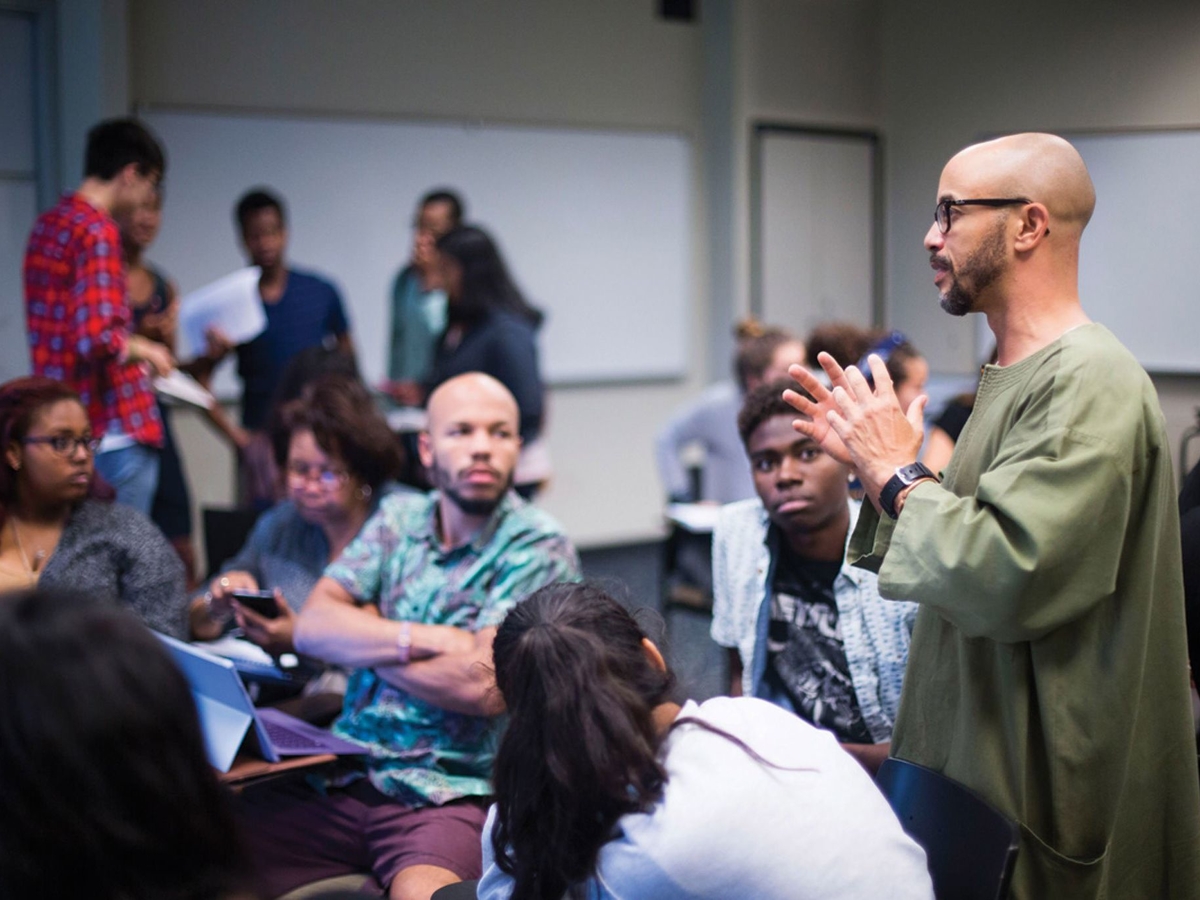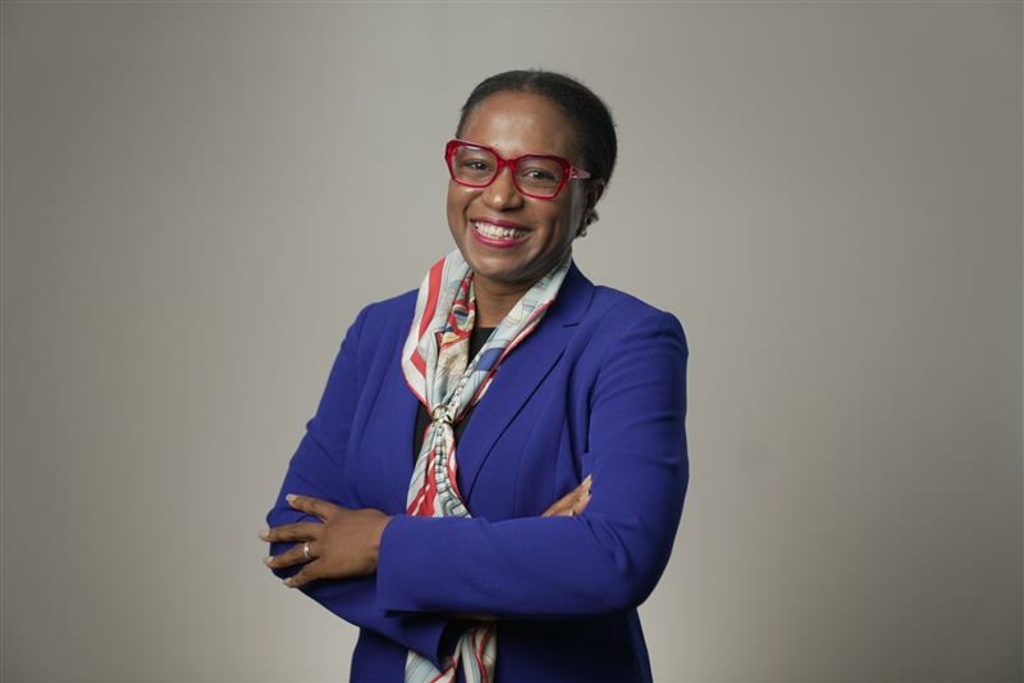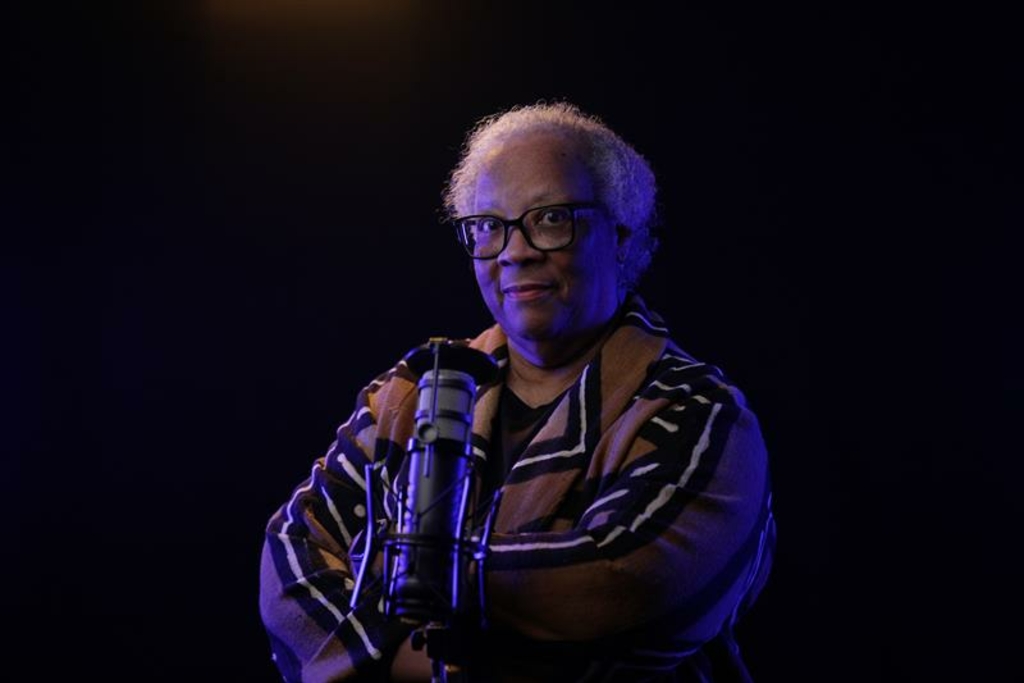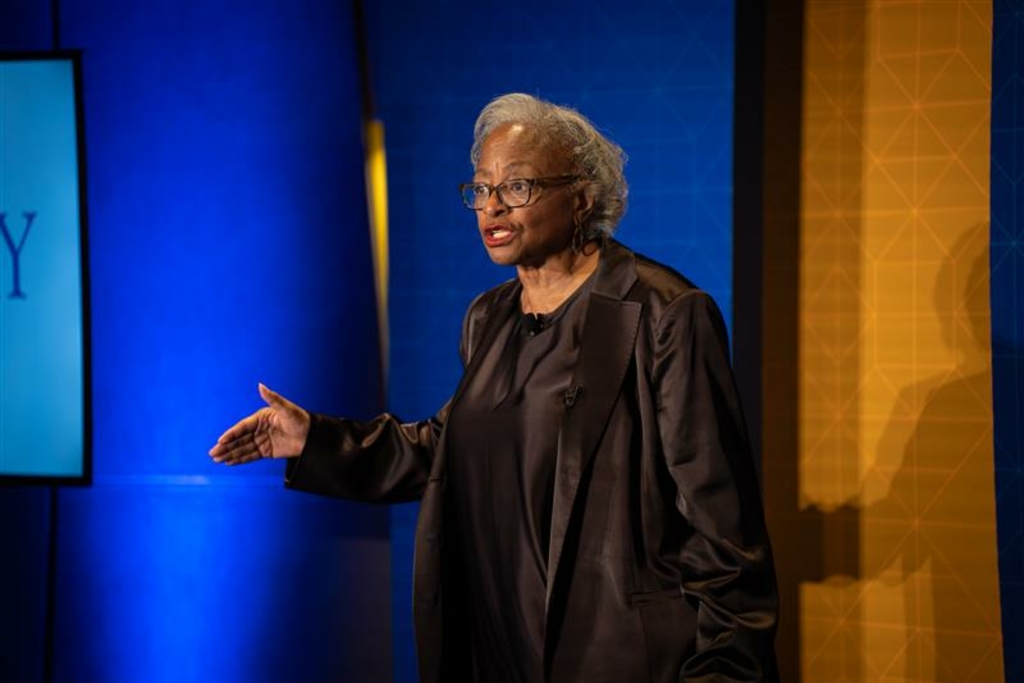Black History Month
Stories of innovation, creativity, and leadership
Emory is celebrating Black History Month by honoring African Americans’ contributions to labor and the workforce. Hear from members of the Emory community whose work exemplifies creativity, innovation, and leadership in their fields.
Pushing Boundaries
Jericho Brown, director of Emory’s creative writing program, is a MacArthur Fellow. His poetry “tests the boundaries of poetic experimentation.” Listen in as he recites one of his moving poems, “Prayer of the Backhanded.”
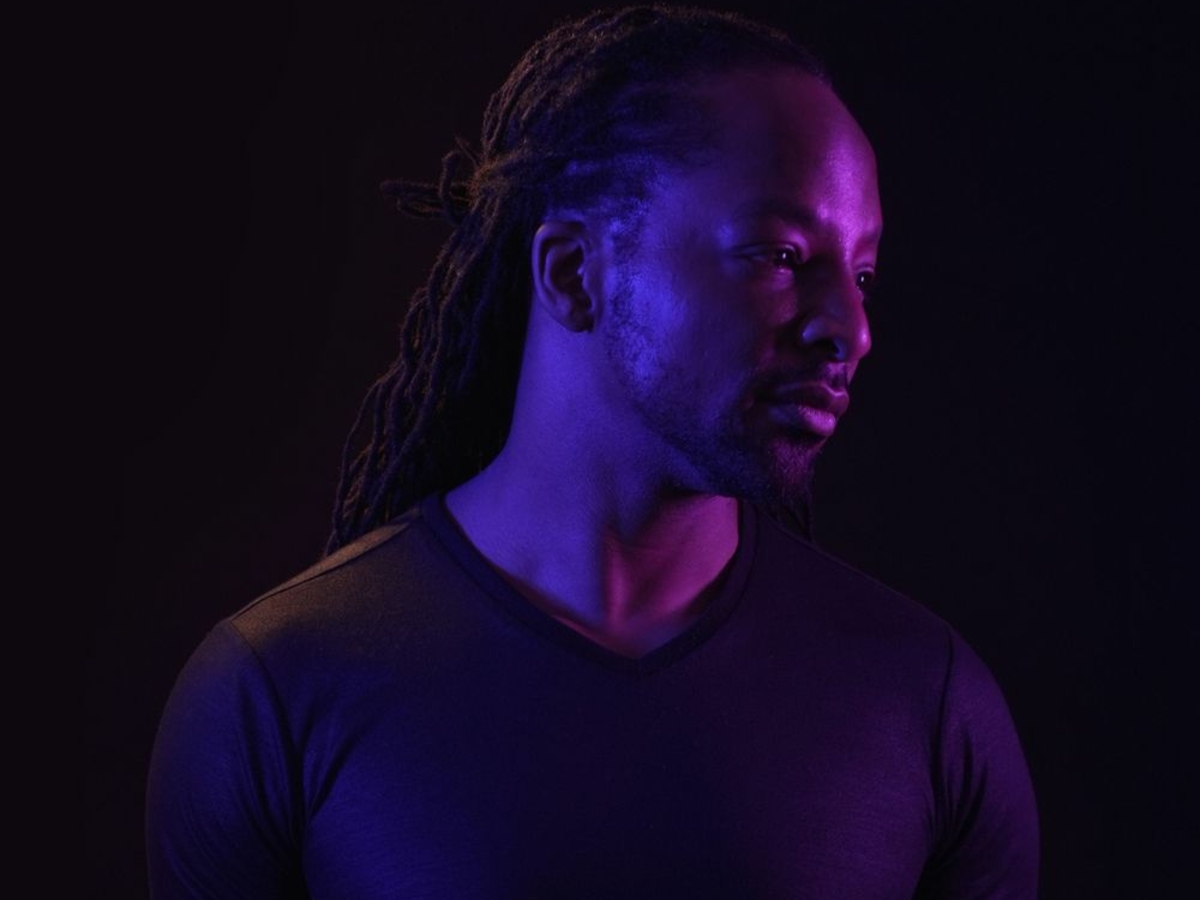
Bringing Communities Together
Meet a rising star. Brandon J. Stewart 10T builds bridges globally through faith, service, and community, inspired by his journey at Emory’s Candler School of Theology and a passion for uplifting others.
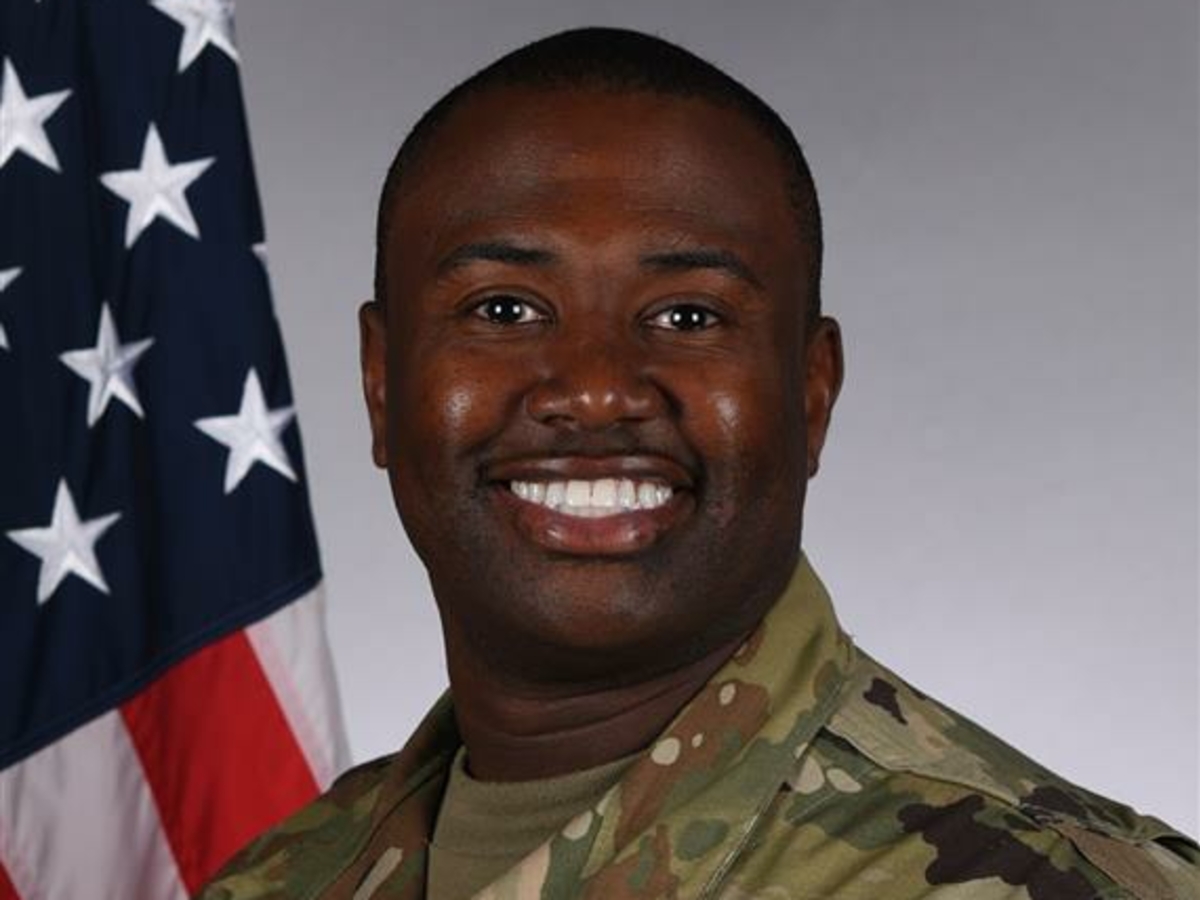
Consider this
Impact Circles
The Black Emory Impact Circle is dedicated to advancing the causes of Black communities through the transformative influence of collective philanthropic giving.
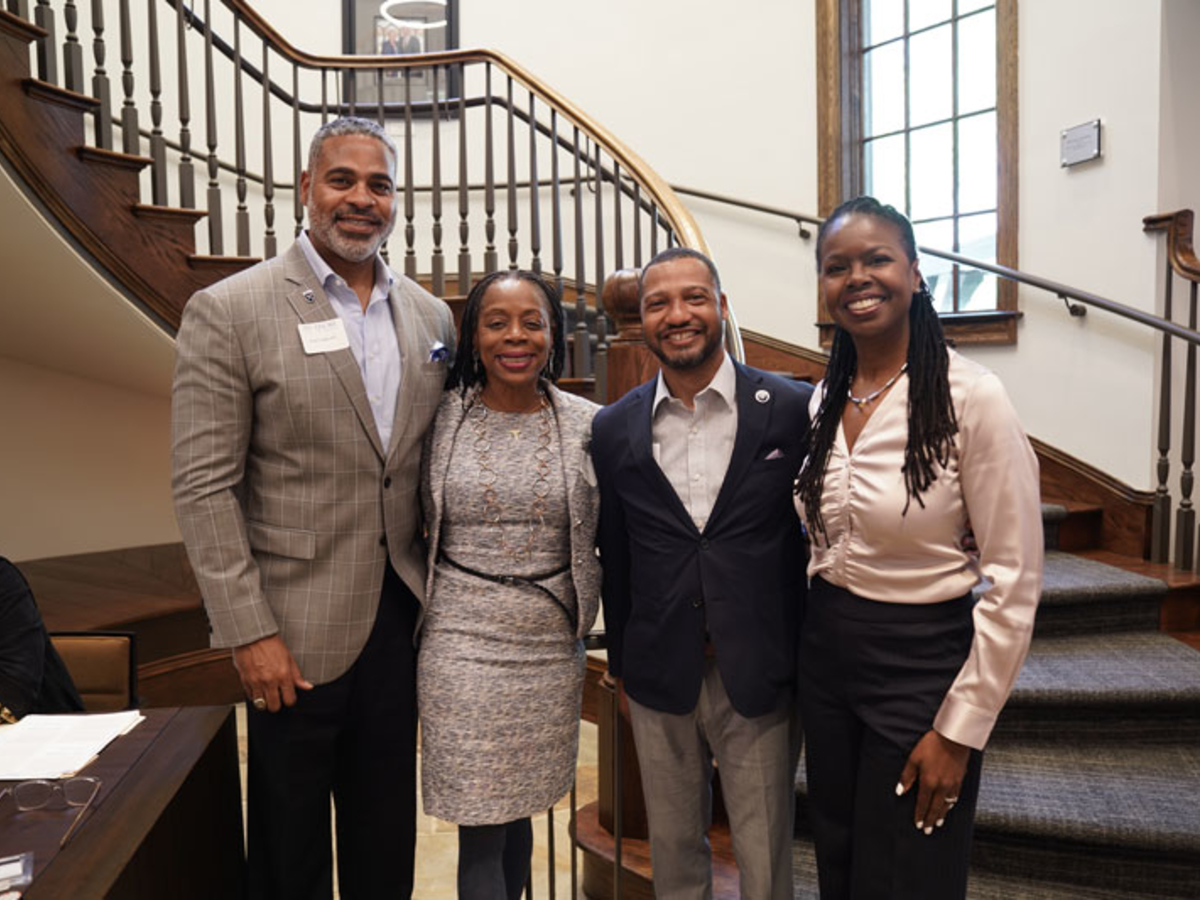
Making Art Accessible
Clint Fluker shares how Emory University Libraries and the Michael C. Carlos Museum engage with communities to highlight new ideas and spark creative conversations.
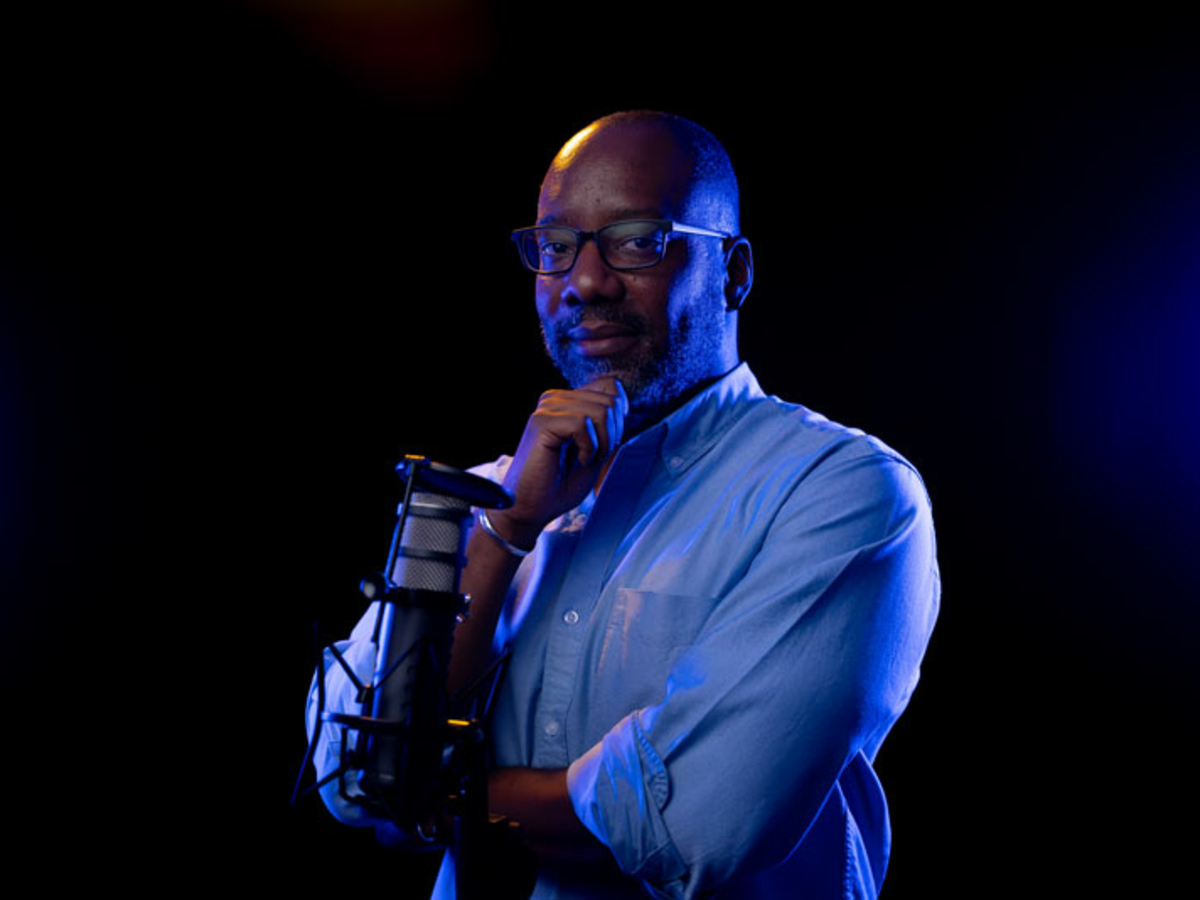
Radically rethinking social and racial justice
As part of Emory’s mission to serve humanity, we are working to create a better future for everyone. Learn about some of our efforts, both in and out of the classroom.
